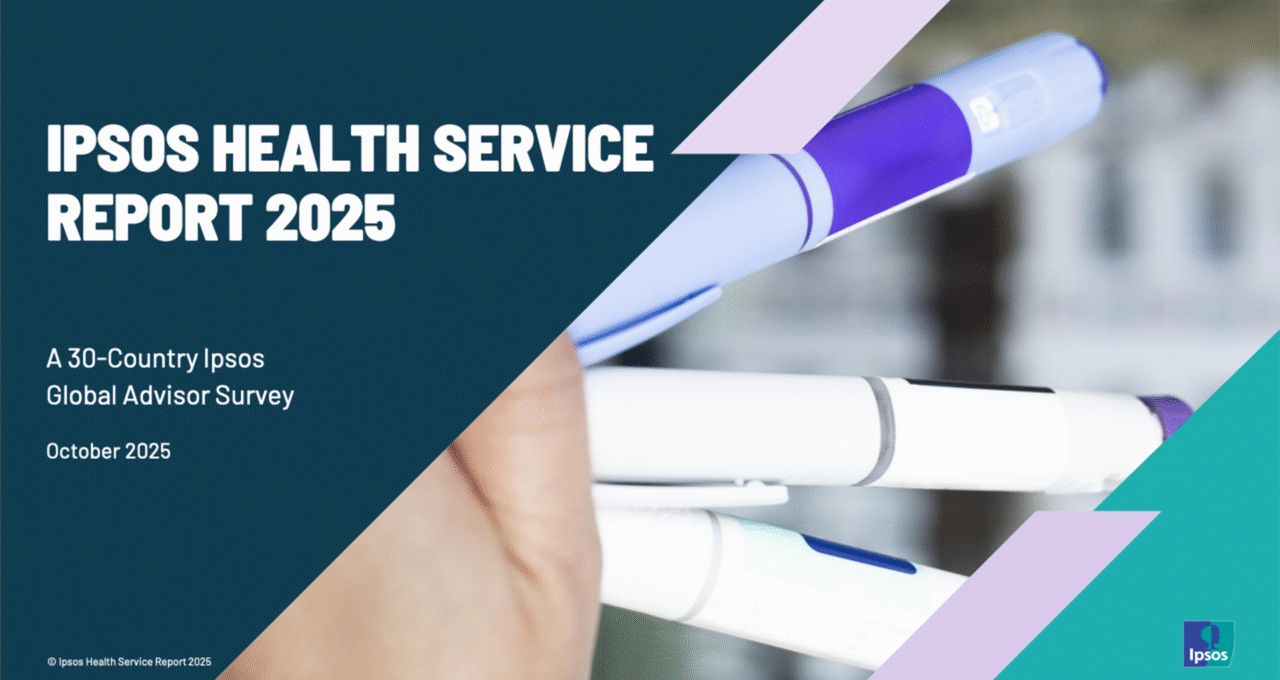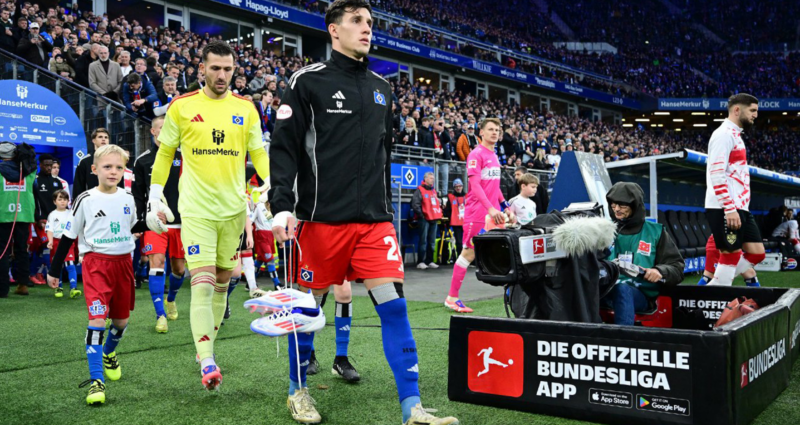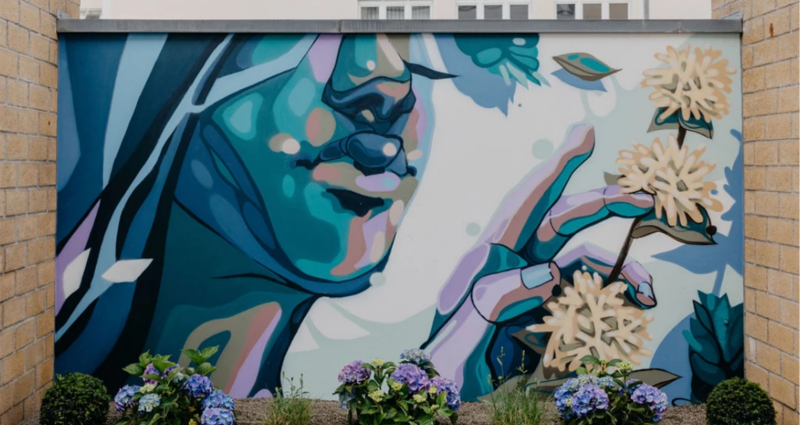
Thursday, October 30, 2025
Ipsos Health Service Report 2025: How Social Media Is Shaping Global Perceptions of Health, GLP-1 Drugs, and Mental Wellbeing
The Ipsos Health Service Report 2025 uncovers major shifts in global health awareness. Across 30 countries, 45% of respondents identified mental health as their nation’s biggest health issue – an increase of 18 percentage points since 2018. Issues like stress, cancer, and obesity follow closely behind.
Alarmingly, 59% said they experienced moments of severe stress in the past year. Young people are especially affected – 72% of Gen Z respondents reported reaching their limit at least once during the year.
GLP-1 Drugs: From Medical Treatment to Lifestyle Trend
Another major focus of the report is GLP-1 medications such as Ozempic, Wegovy, and Mounjaro. Originally developed to treat diabetes, these drugs are increasingly seen as lifestyle tools for weight management.
Globally, only 36% of respondents have heard of these medications – yet in the U.S., awareness is 74%. Strikingly, 45% learned about GLP-1s via social media, compared to only 19% who heard about them from a medical professional.
Today, the online conversation about GLP-1s is no longer driven by pharmaceutical companies, but by influencers and telehealth platforms. On TikTok, Instagram, and Reddit, a new health culture is emerging – one where microdosing, nutraceuticals, and longevity trends reshape traditional medical discourse.
Global Healthcare Challenges Persist
Despite these innovations, satisfaction with healthcare systems remains moderate: only 43% rate their care as good – with highs of 75% in Malaysia and just 12% in Hungary. Across many European countries, confidence in future healthcare quality continues to fall.
Vaccines and Trust
Equally concerning is the decline in vaccine support. Only 61% globally believe vaccines for infectious diseases should be mandatory – a 22-point drop in Turkey since 2018. Ipsos warns of a growing “health misinformation crisis” amplified by social media.
Conclusion
The report makes one thing clear: health is becoming increasingly digital, emotional, and political. As stress and mistrust in institutions grow, online communities and influencer-driven medicine are taking center stage. The future of global health awareness will depend on whether societies, governments, and industries can rebuild trust, knowledge, and accessibility together.







